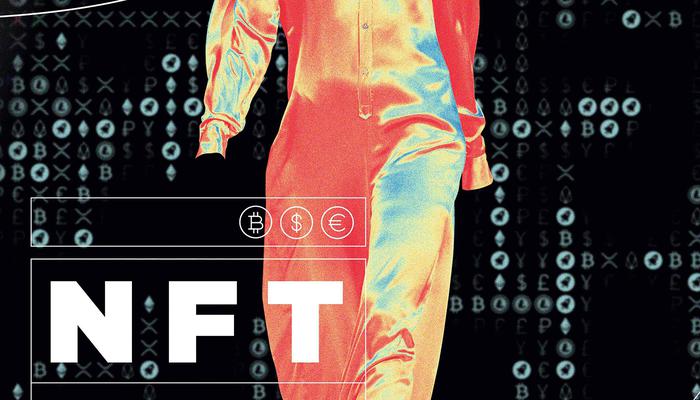
Reuters.- People worry about what their avatars wear; When the virtual world Decentraland said in June that users could make and sell their own clothes for avatars to wear on the site, Hiroto Kai stayed up all night designing Japanese-inspired garments.
He was selling kimonos for about $140 each and said he made between $15,000 and $20,000 in just three weeks.
While the idea of spending real money on clothes that don't physically exist is disconcerting to many, virtual possessions generate real sales in the "metaverse," that is, in online environments where people can congregate, hang out, meet friends, and play games. .
Read also: Messi's contract with PSG includes cryptocurrencies Fan Tokens
A digital artist and enthusiast from Japan, Kai's real name is Noah. He is 23 years old and lives in New Hampshire.
After earning as much in those three weeks as he did in a year at his job at a music store, he left to become a full-time designer.
“It just took off,” says Kai.
“It was a new way of expressing himself and it's traveling art, that's what's great about it. (…) When you have a garment, you can go to a party with it, you can dance with it, you can show off and it is a status symbol”.
On Decentraland, clothing for avatars — known as “wearables” — can be bought and sold on the blockchain in the form of a crypto asset called a non-fungible token (NFT).

Do not miss: Messi will launch his first collection of NFT digital assets
Kai's kimonos include exquisite crushed blue velvet pieces with golden dragon embellishments.
The popularity of NFTs skyrocketed earlier this year, as speculators and cryptocurrency enthusiasts flocked to buy this new type of asset, which represents online-only ownership of items such as digital art, credit cards, and more. exchange and land in online worlds.
The crypto asset niche is also catching the attention of some of the world's biggest fashion companies, keen to partner with a new generation of gamers, though most of their forays so far are in marketing.
It may interest you: The auction of the first NFT work of art in Mexico reaches 90,000 pesos
LVMH-owned Louis Vuitton launched a metaverse game in which players can collect NFTs, and Burberry has created branded NFT accessories for Blankos Block Party, a game owned by Mythical Games. Gucci has sold non-NFT clothing for avatars within the Roblox game.
“Your avatar represents you,” said Imani McEwan, a Miami-based fashion model and NFT enthusiast. "Basically, what you wear is what makes you who you are."
McEwan estimates that she has spent between $15,000 and $16,000 on 70 pledges of NFTs since January, using the profits from cryptocurrency investments. Her first purchase was a bitcoin themed sweater and she recently bought a black beret designed by her friend.
Follow us on Google News to always stay informed